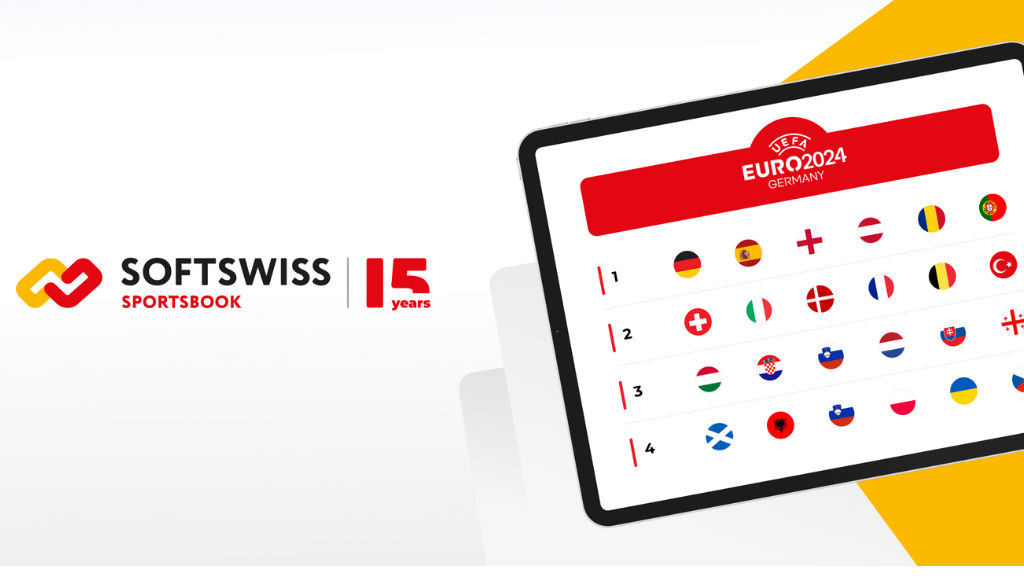- Summits
- EAST EUROPEBudapest02-04 September 2024

- EUROPEValletta11-14 November 2024

- EURASIADubai23-25 February 2025

- AFRICACape Town10-12 March 2025

- AMERICASSão Paulo07-10 April 2025

- ASIAManila01-04 June 2025

- News & Media
- SiGMA News
- Print & Digital
- SiGMA Media
- Directory
- Exhibiting Partners
- SiGMA’s Affiliate Club
- Selling your business?
- Foundation
- M & A Brokerage
- About Us
- Who we are
- How we help
- Let’s connect
Until recently, the Gambling Commission maintained a relatively subdued presence as the regulator of a £15.1 billion industry that engages hundreds of thousands of Britons weekly. However, its recent decision to investigate election betting has thrust it into the spotlight, raising questions about its role and scope.
Implication of investigation
The investigation, which currently involves five Conservative members, one Labour candidate, and seven police officers, was initiated amidst an election campaign, leading to concerns about political interference. Some have criticized the Commission’s involvement during an election, labelling it as “political interference”. However, others argue that the main focus of the outrage should be those accused, with one Tory veteran stating, “The stupidity of it, they should have known better.”
The investigation was triggered by bookmakers who noticed a surge of interest in the July election just days before 22 May announcement. They are obligated to report any suspicious betting patterns to the Gambling Commission. This probe, which has overshadowed the final weeks of the campaign for Number 10, is a unique test of the Commission’s ability to conduct investigations independently, rather than in conjunction with sports governing bodies that enforce rules against match-fixing.
Commission’s approach to investigation
The Commission announced that it would collaborate with the Metropolitan Police to consider additional offences, such as misconduct in public office. However, the majority of cases will be investigated by the Gambling Commission under laws prohibiting cheating in betting. This approach is unusual for the Commission, which typically focuses more on social responsibility issues than on tackling cheating.
The Commission relies heavily on working with sports regulatory bodies due to its reluctance to prosecute independently. These bodies have strong rules in place, unlike the equivalent bodies for MPs and public officials, which lack clear rules on insider betting. The Commission clarified its position, stating that using confidential information to gain an unfair advantage in betting could constitute a criminal offence under Section 42 of the Gambling Act.
Track record and future challenges
While the Commission has published guidance on this matter, there has been no public action in the past regarding political betting. In sports, suspicious bets are usually handled by the relevant governing body, which can impose sporting sanctions and refer a case to the Gambling Commission if it believes there is a criminal case to examine. The threshold for criminal proceedings is much higher than for imposing sporting sanctions.
The Commission’s Sports Betting Intelligence Unit is responsible for investigating suspicious bets and deciding whether to pursue a criminal case. Suspicious activity is typically detected through unusual betting activity or a whistleblower complaint. When a bookmaker identifies suspicious activity, it notifies its competitors through industry platforms. Other bookmakers then check their systems for similar patterns.
The Gambling Commission’s investigation into election betting has stirred controversy and raised questions about its role and capabilities. However, experts close to the betting industry argue that the Commission has responded appropriately to the issue. The Commission has a wealth of experience investigating sports betting integrity concerns, which it can draw upon in this investigation. Despite dealing with a small number of bets with relatively modest potential winnings, the Commission is well-equipped to investigate these instances given its role in regulating licensed operators handling high-value accounts placing bets daily. The Commission continues to regulate gambling in the interests of consumers and the wider public and is currently investigating potential offences related to the election date. As this is an ongoing investigation, the Commission cannot provide further details at this time.
SiGMA East Europe Summit powered by Soft2Bet, will take place in Budapest from 2-4 September 2024.
Recommended for you






















